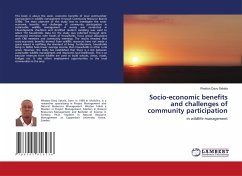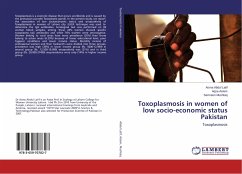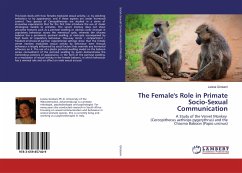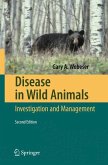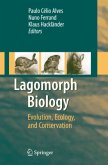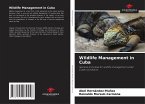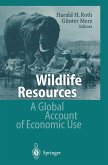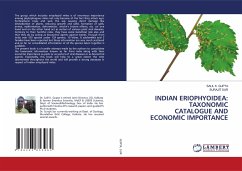This book is about the socio- economic benefits of local communities' participation in wildlife management through Community Resource Boards (CRBs). The main objective of this study was to investigate the socio-economic benefits and challenges of community participation in sustainable wildlife management. A survey was conducted in Chiundaponde chiefdom and stratified random sampling was used to select 170 households. Data for the study was collected through semi-structured interviews with heads of households, focus group discussions with CRB members and community meetings. The results revealed that socio-economic benefits derived from wildlife resources have not made a great impact in uplifting the standard of living. Furthermore, households living in GMAs have lower average income than households in other rural areas. However, the study has established that there is a link between sustainable wildlife management and improved rural livelihoods. This is so because revenues from wildlife are used to build schools, clinics, roads, bridges etc. It also offers employment opportunities to the local communities in the area.

